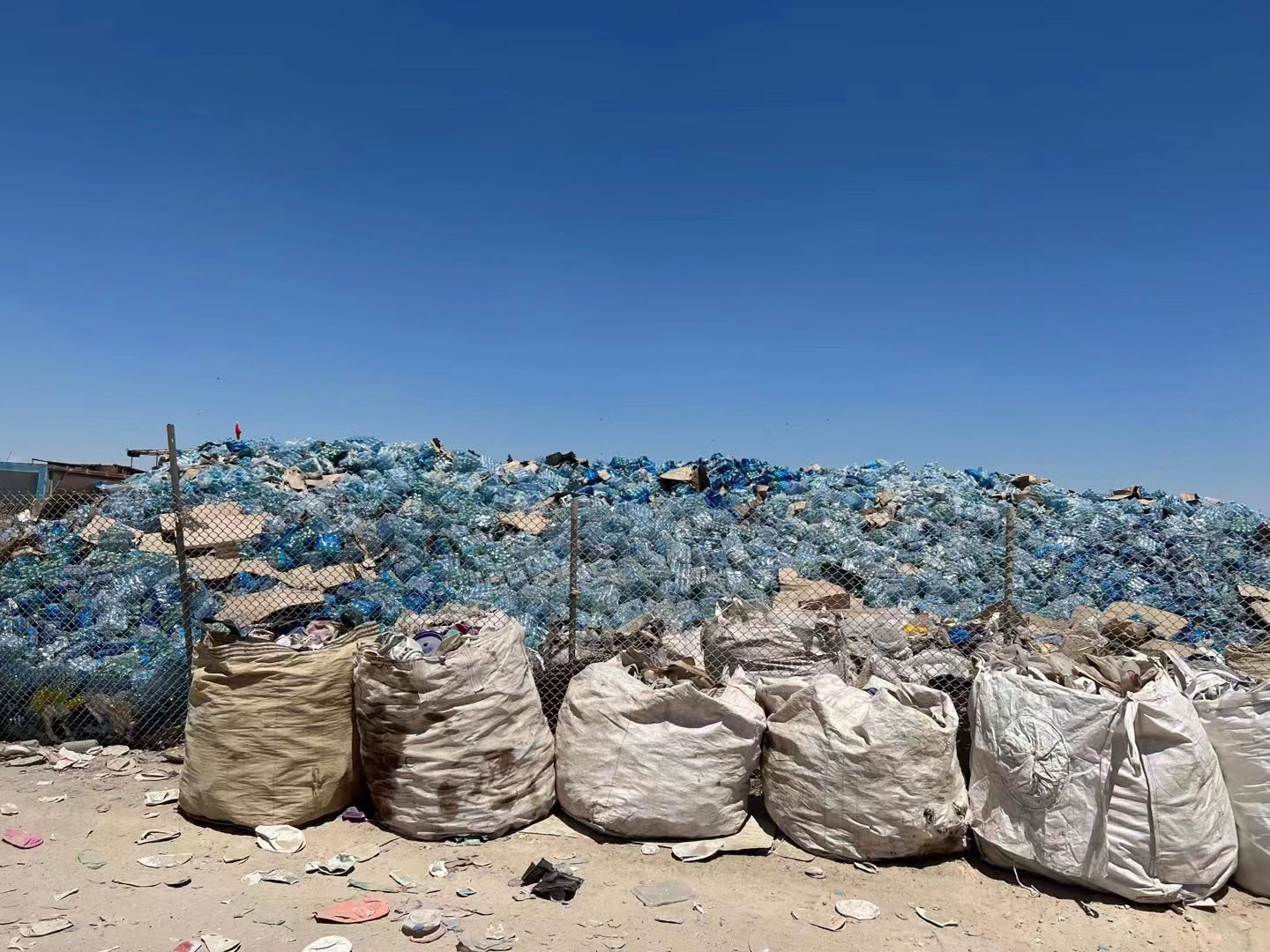As of early 2023, four
As one of the most effective ways to reduce the environmental impact of packaging and tackle the growing problem of plastic pollution, the mandatory use of post-consumer plastics (PCR) in plastic packaging has been adopted by more and more countries and entered into the legislative process. Using PCR helps establish and stabilize circular markets, levels the playing field, and provides an environment for end-market investment, innovation, and growth, which in turn can support the expansion and stabilization of recycling programs.

The four states that have adopted PCR content requirements for plastic packaging containers are:
|
State |
Covered product
|
PCR content requirement |
|
(AB 793)
|
Beverage bottles (including plastic bottles) recycling
|
2022.1.1——15% 2025.1.1——25% 2030.1.1——50%
|
|
(SB 270)
|
Reusable Plastic Shopping Bag (2.25mil minimum thickness) recycling
|
2016.1.1——20% 2020.1.1——40%
|
|
(SB 5022)
|
Plastic beverage bottle recycling |
2023.1.1——15% 2026.1.1——25% 2031.1.1——50%
|
|
Plastic Wine Bottle (187ml) Milk packaging recycling
|
2028.1.1——15% 2031.1.1——25% 2036.1.1——50%
|
|
|
Plastic household cleaning and washing
|
2025.1.1——15% 2028.1.1——25% 2031.1.1——50%
|
|
|
Plastic garbage bags recycling |
2023.1.1——10% 2025.1.1——15% 2027.1.1——20% |
|
|
(SB 5323)
|
Reusable plastic bag (Film bag: 2.25mil minimum thickness (2025.12.31) 4mil minimum thickness (2026.1.1) |
2022.7.1——40% |
|
(S2515)
|
Plastic beverage container
|
2024.1 -- 15% (increase by 5% to 50% every three years) |
|
All other hard plastic containers
|
2024.1 -- 10% (increase by 10% to 50% every three years)
|
|
|
plastic shopping bag |
2024.1——20% 2027.1——40% |
|
|
Plastic garbage bag |
024.
2027. (The specific amount depends on the thickness of the bag) |
|
|
(LD 1467)
|
Plastic beverage container
|
2026.1.1——25% 2031.1.1——30%
|
In February last year,
Last November, the European Commission published its proposal for a Regulation on Packaging and Packaging Waste (PPWD), a revision of the current Packaging and Packaging Waste Directive 94/62/EC. The proposal involves key information such as recyclability, minimum recycling content, reuse, labeling, etc. The proposal has aroused wide attention from all walks of life, including opposition from various stakeholders to the detailed provisions.
Currently, California's SB270 requires third-party PCR certification for post-consumer recycled plastics; New Jersey's S2515 leaves it up to the state to decide; According to the Discretionary Advisory Committee, there is a strong possibility that PCR certification will be included within the scope of Maine's LD1467 statute, and the possibility of PCR record-keeping and third-party certification will be discussed during the ongoing rulemaking process.
The mandatory use of PCR strengthens and stabilizes market demand, but does not by itself lead to more supply. In other words, the fact that packaging producers need a greater supply of post-consumer recycled plastic doesn't mean that consumers will automatically put more recyclables in their bins, nor does it mean that municipalities will recycle more post-consumer plastic. This leads to a lack or even falsification of the supply side in the market. Therefore, PCR content requirements must be matched with supply-side policies that directly affect households and businesses to recycle more post-consumer plastic, such as EPRs, deposit return systems, etc.
By the end of 2022, four states had passed EPR laws, and 10 states had proposed EPRs by 2023. Packaging EPR policies broadly apply to most consumer-facing packaging, including most food and beverage packaging, but vary slightly from state to state. The EPR policy provides incentives for ecological regulation of the market: brand companies are rewarded for the high frequency of PCR use, with economic incentives to reduce their costs in the EPR program. For example, a manufacturer may pay a lower fee for a package with a higher PCR content, or a higher fee for a product with a lower PCR content or that is difficult to recycle.